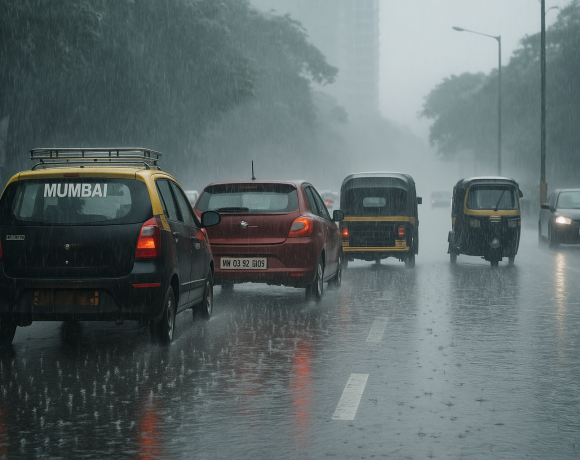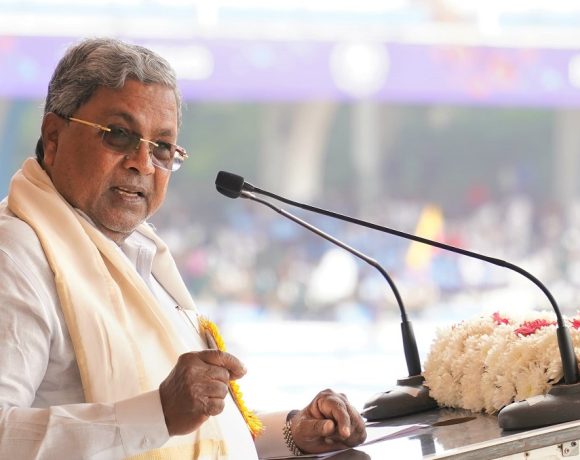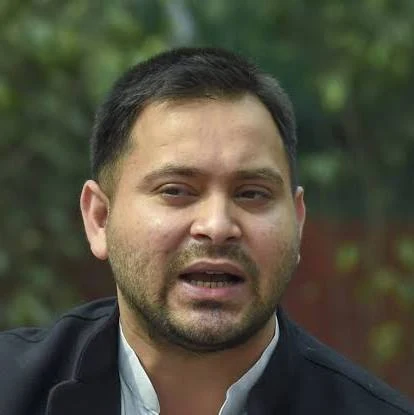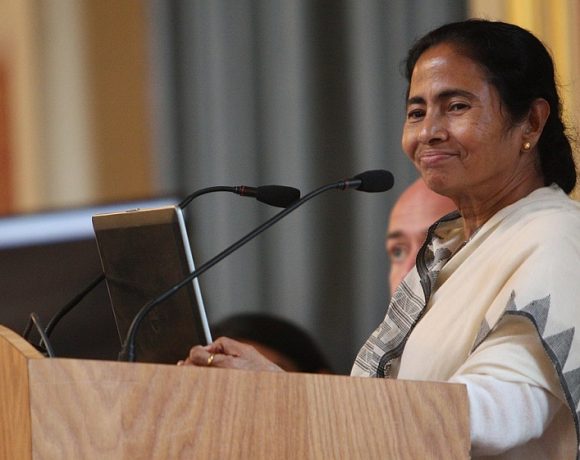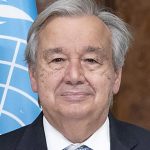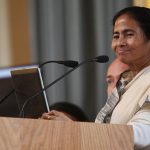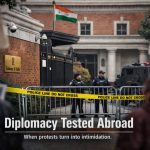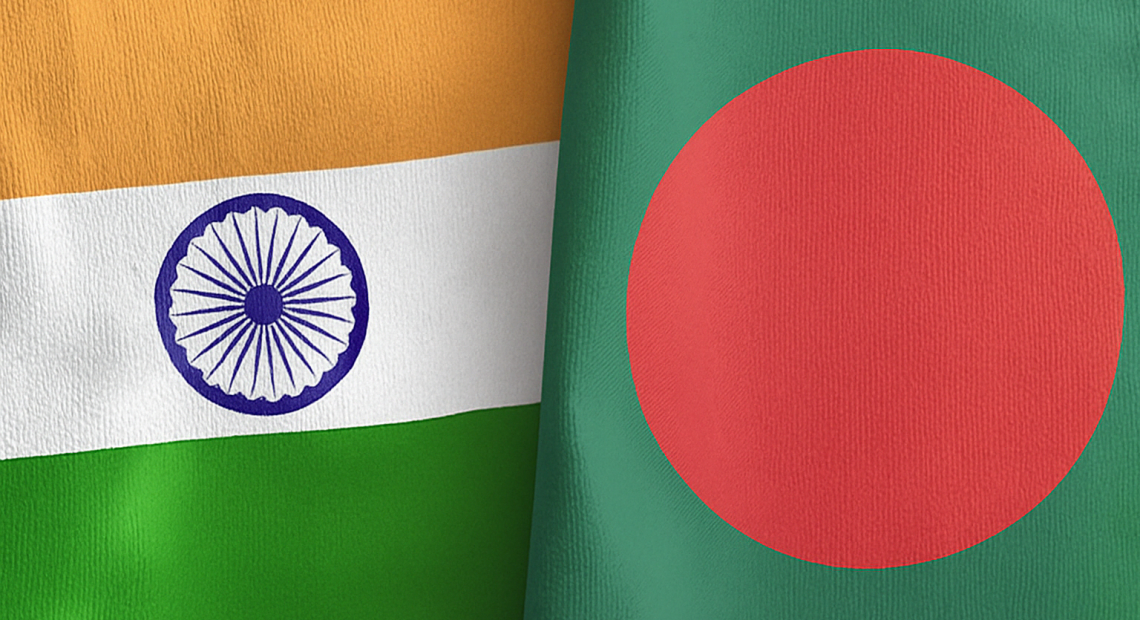
India Slams Bangladesh for Remarks on Murshidabad Violence
India has sharply criticized Bangladesh for its comments on the recent communal violence in West Bengal’s Murshidabad district, calling the remarks “barely disguised and disingenuous.” The Ministry of External Affairs (MEA) rejected any attempt to draw equivalence between the situation in India and longstanding concerns over the treatment of minorities in Bangladesh.
The diplomatic friction arose after Bangladesh issued a statement reacting to the violence in Murshidabad, where three people were killed during protests against the Waqf (Amendment) Act. In response, India reminded Dhaka that instead of making unwarranted observations, it would do better to safeguard the rights and dignity of its own minority communities.
The MEA spokesperson asserted that India remains committed to protecting all its citizens, regardless of faith, and pointed out that internal law-and-order issues are being dealt with according to constitutional norms and due process. The strong-worded rebuttal reflected India’s growing frustration with what it sees as external interference in domestic matters.
The situation in Murshidabad had escalated with violent protests, arson, stone-pelting, and road blockades affecting not just the district but also adjoining areas such as Malda, South 24 Parganas, and Hooghly. Initial probes have pointed to the involvement of cross-border miscreants, allegedly from Bangladesh, who are believed to have received local logistical support before spiraling out of control.
In light of the events, the Ministry of Home Affairs is monitoring developments closely. A National Human Rights Commission team has also been deployed to assess the human impact on affected communities.
The incident has added fresh tension to India-Bangladesh ties, already sensitive due to issues related to illegal immigration and cross-border extremism. India’s latest response signals a firm diplomatic message—domestic governance and public order are not up for external commentary, especially from countries with a problematic track record on minority protections.


